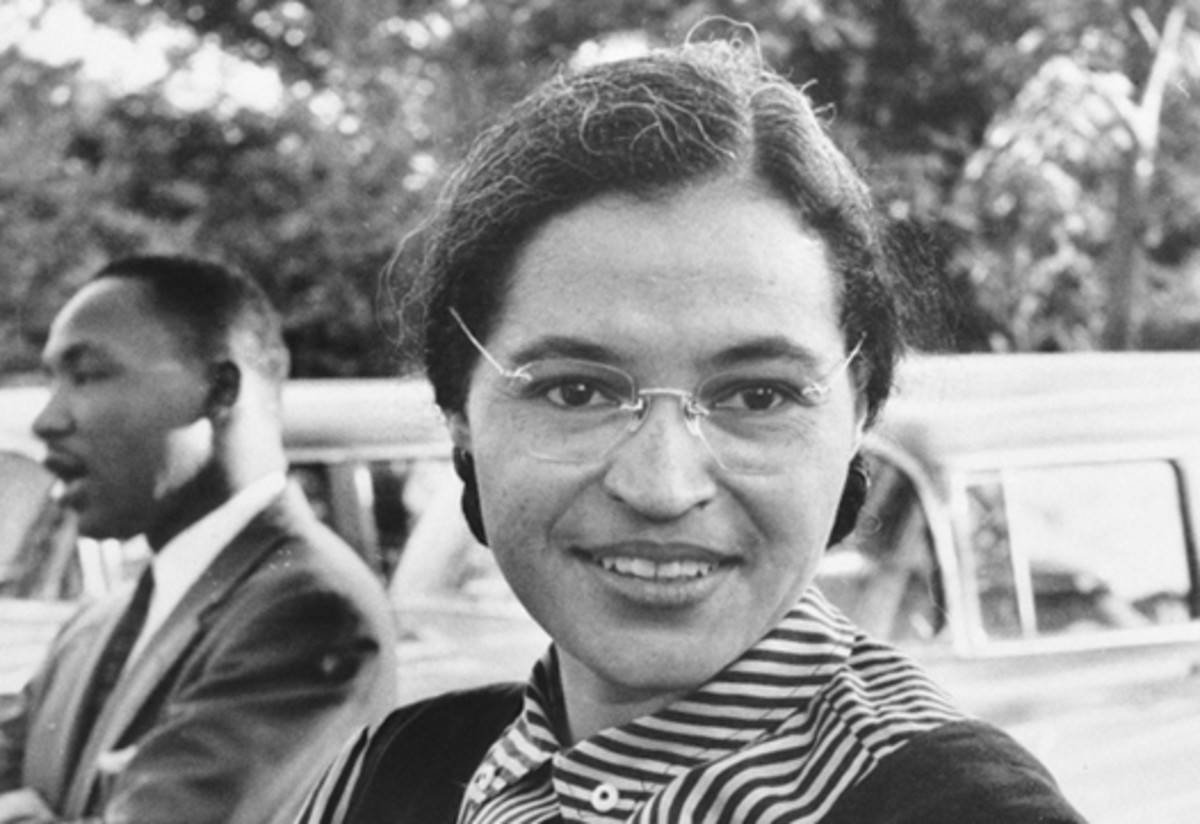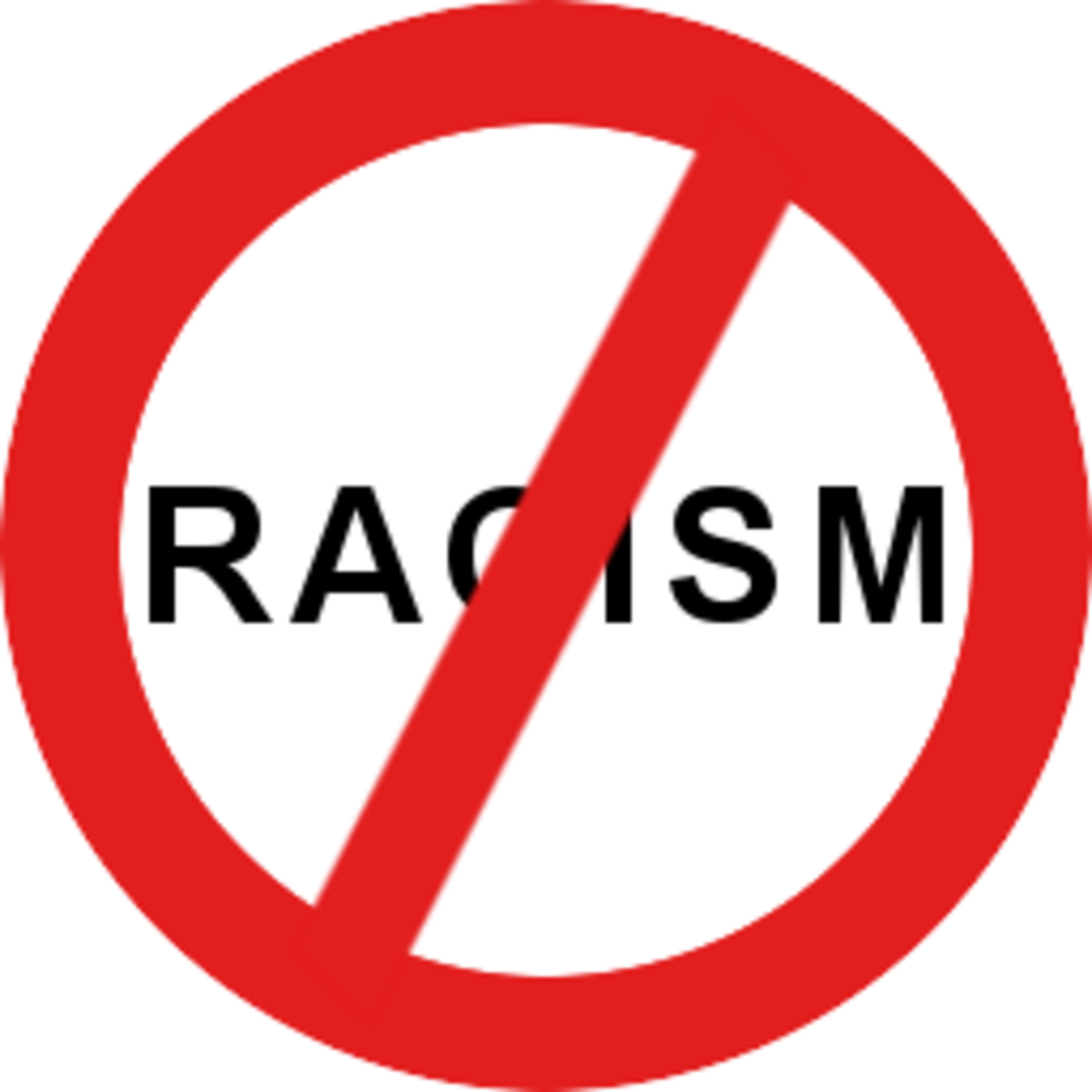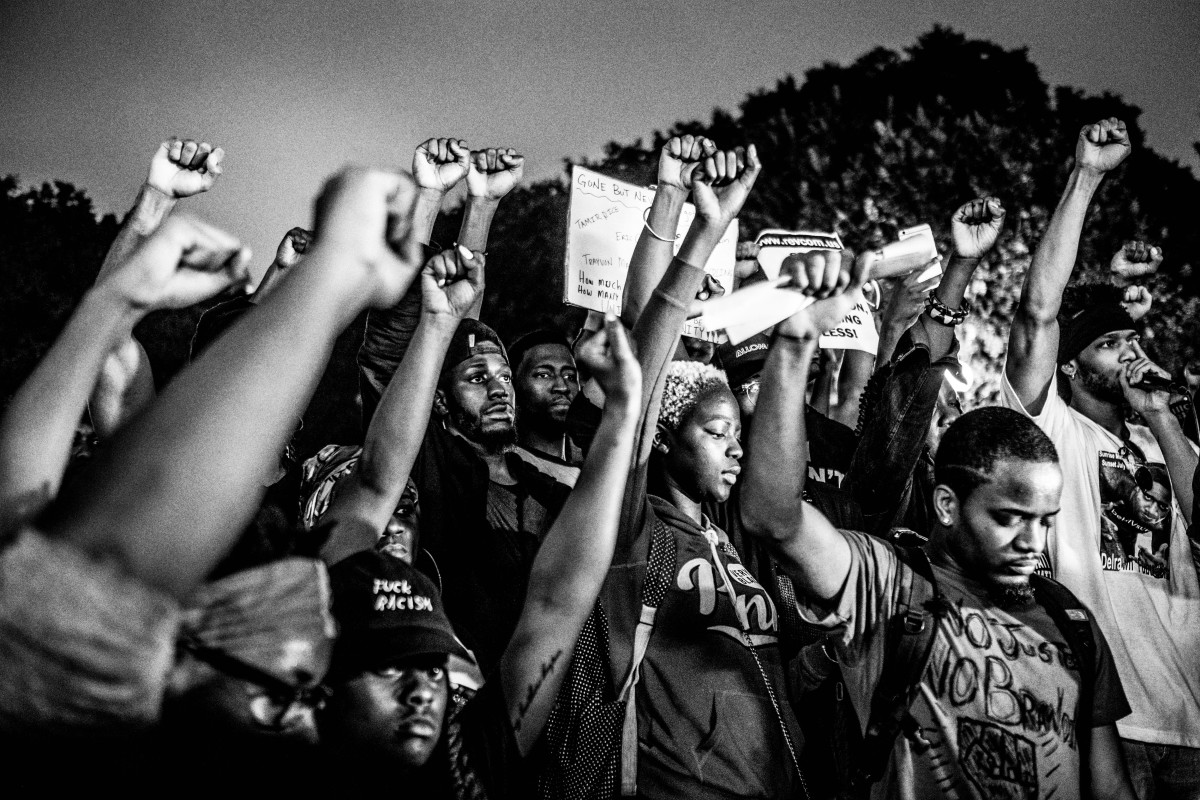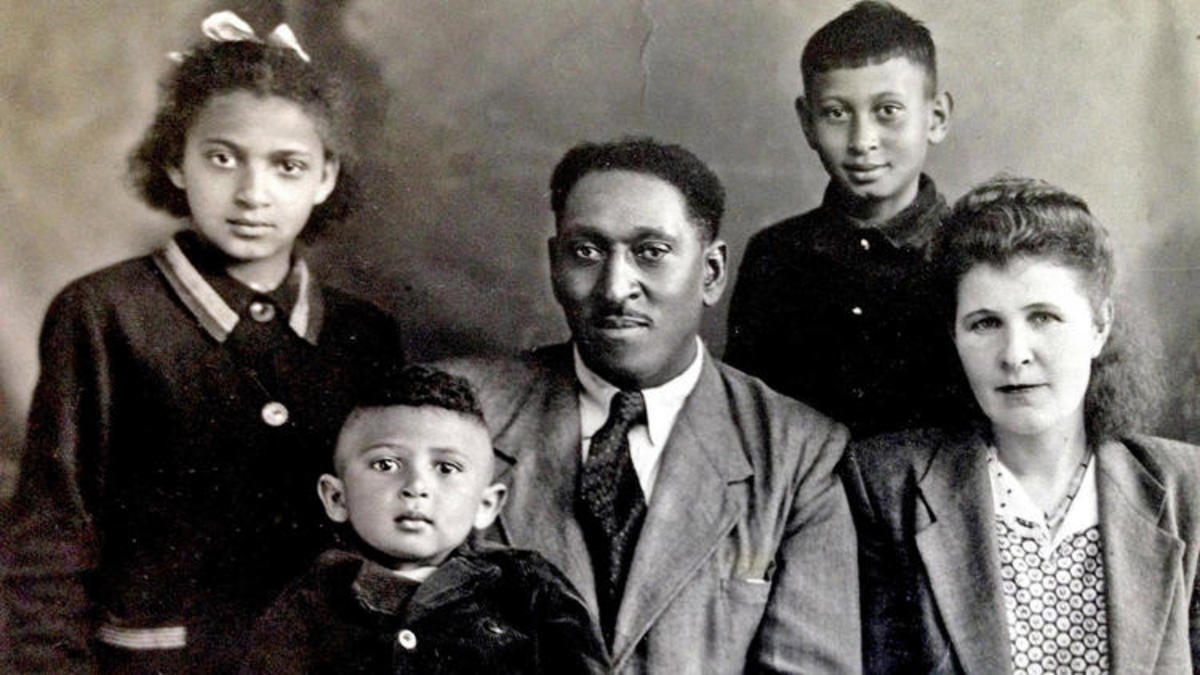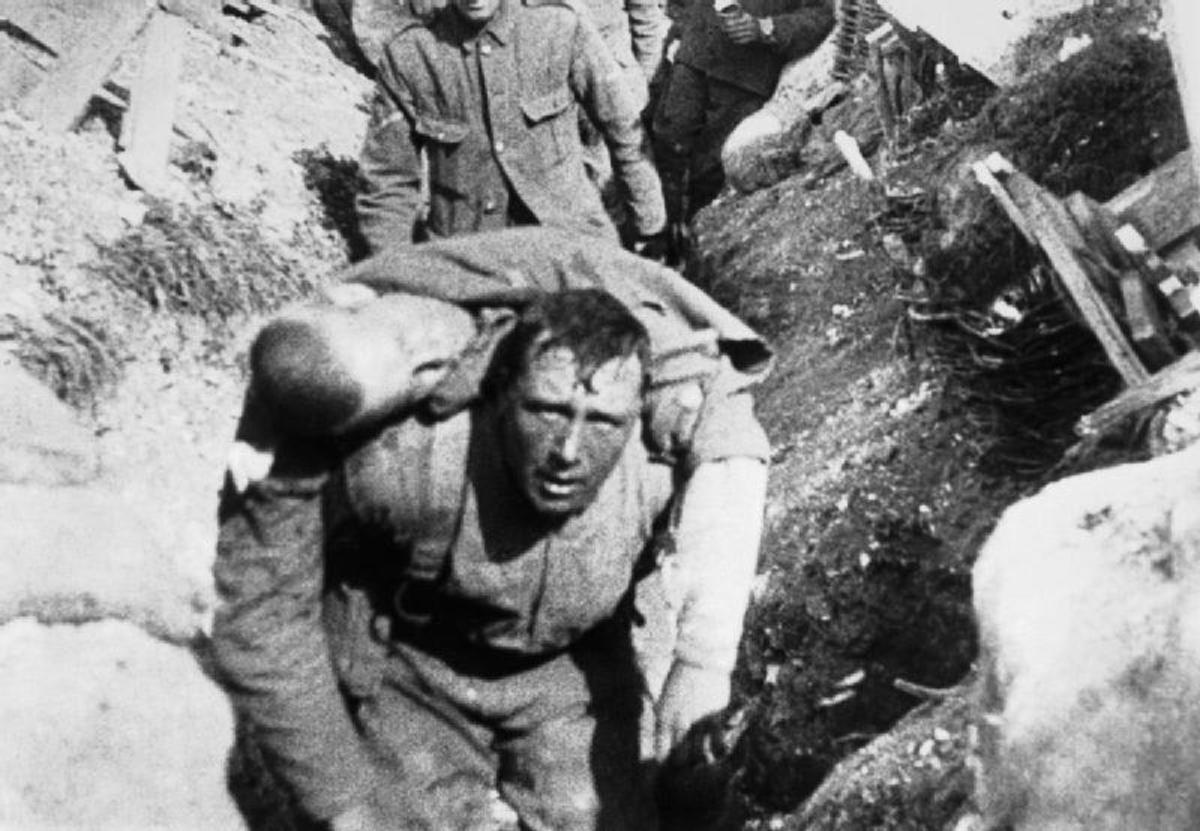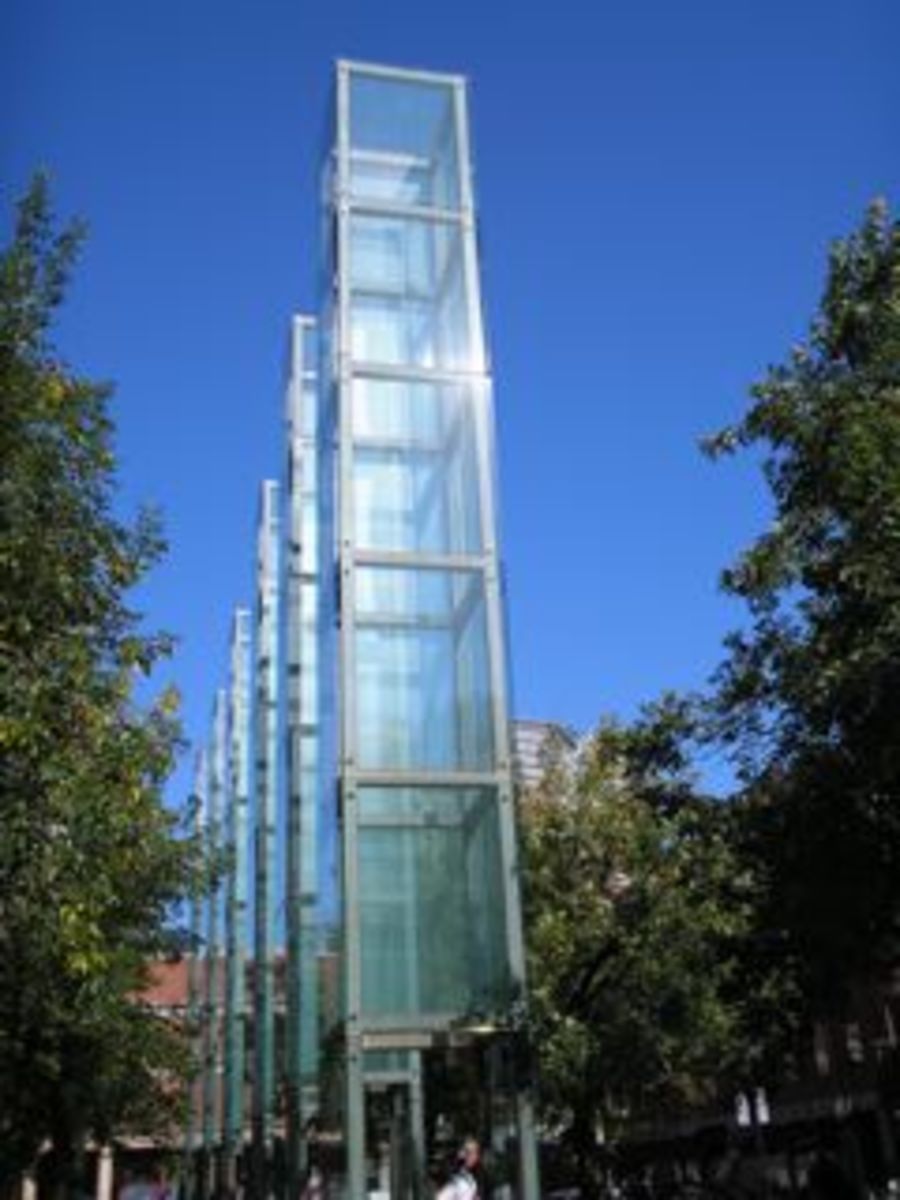- HubPages»
- Education and Science»
- History & Archaeology»
- History of the Modern Era»
- Twentieth Century History
Power in America: The Black Power Movement
Self-Determination
Including the “self” in “self-determination” played a big role in the black rights movement but also in the white resistance to it. “Whites who come into the black community with ideas of change seem to want to absolve the power structure of its responsibility for what it is doing, and saying that change can only come through black unity, which is the worst kind of paternalism.”[1] I really like the word paternalism, it conveys very well this sense of patronization that the black community must have been feeling. Imagine having a twin sister who always told you what to do, and one day you snapped “let me do this myself!” and she said, “Well, just let me help you do it yourself.” The anger that would cause in even a non-abusive relationship would be intense, let alone that kind of talking down to someone you’ve been abusing for 300 years. So the black community collectively said, sorry you can’t be a part of this, it has to come from us. Which the white community was offended at, because it disrupted the power system that was in place. Like when your child stops asking permission to leave and you get angry but it’s their right to choose, not yours.
[1]The Basis of Black Power: Student Nonviolent Coordinating Committee (SNCC) Position Paper. 1966. “Roles of Whites and Blacks” first paragraph
Power to Choose
“We want freedom. We want power to determine the destiny of our Black Community. We believe that black people will not be free until we are able to determine our destiny.”[1] This is the first item on the Black Panther Party Platform for a reason, and it’s because these two sentences are what the civil rights movement boils down to. Power here is defined as the ability to choose your destiny. Power is the mechanism for freedom. Up until now (and for quite a while after) in history, white people have been choosing how many rights the Black Community can have. If we use food as a metaphor for rights, white people have been choosing what to put on black peoples plates, while the white people are at a buffet where they can choose what they want. This power is the power to make your own plate, and determine what rights matter to you. It doesn’t even matter if the white people were giving the black people the food they perceived as best, the choice is what matters.
[1] The Black Panther Party Platform. October 1966.
Power of Expression
Other than the power of self-determination, the power of expression is also important. “If people must express themselves freely, there has to be a climate in which they can do this.” In order for change to happen, and for self-determination to be obtained, a lot of talking had to happen. When one group has more power, the group the power is derived from cannot discuss getting their power back without also discussing taking power from the group that has it. “If blacks feel intimidated by whites, then they are not liable to vent the rage that they feel about whites in the presence of whites—especially not the black people whom we are trying to organize, i.e., the broad masses of black people. A climate has to be created whereby blacks can express themselves. The reasons that whites must be excluded is not that one is anti-white, but because the effects that one is trying to achieve cannot succeed because whites have an intimidating effect. Ofttimes, the intimidating effect is in direct proportion to the amount of degradation that black people have suffered at the hands of white people.”[1] Power also, by nature, when taken back makes an implicit accusation that the person who had it didn’t deserve it. While this is usually very true, it also goes against our nature to be told we don’t deserve what we had. Slave owners would have been angry at their loss of human capital not only because of the tangible financial loss but because of the implication that they didn’t deserve the slaves that they, in their mind, “earned” by paying for them.
[1] The Basis of Black Power: Student Nonviolent Coordinating Committee (SNCC) Position Paper. 1966. “White Power” this section is about the role that the dominant race plays in silencing the subordinated race’s race-related complaints and also how in mixed race company, race becomes a touchy and uncomfortable subject.
White Power?
To the Black Panther party and the SNCC, black power seems to be the power of self-determination and pulling yourself up, and white power seems to be the power to determine how the lives of others go, and the power to put people down. “…because of their knowledge of the power that whites have over their lives” Over their lives. The black community at the time was essentially screaming “let us do our own thing,” and that was what black power meant. Their view on white power however was “your power is to take away ours.”
The SNCC said “The white people should go into white communities where the whites have created power for the express purpose of denying blacks human dignity and self-determination.”[1] Whites didn’t create power for doing that, they created power by doing that. The self-determination and power of the slave owner was a direct result of the loss of power of the slave.
[1] The Basis of Black Power: Student Nonviolent Coordinating Committee (SNCC) Position Paper. 1966. “The Roles of Whites and Blacks” This section revolves around each race’s role in making change and how it has to be the Black Community that gives the Black Community their rights back.
The Nature of Power
Power cannot mean two different things separately, it means both at the same time. I think this is a lot of America’s struggle, the way that power is a limited resource, and in order to have it, you necessarily take it from someone else. When a group or a country doesn’t have power, having it would be a good thing, used only for good, by good people. When you are the group with the power however, power is bad and stolen and used to put others down. Both of these are true and not true, power problems are like cold war problems, since there is no cap where we can be tied by maxing out on it, the only way for power and equality to coexist is for each party to be allowed the same amount, by giving some up.
Black Panther Party Platform Breakdown
Each of the wants enumerated in the Black Panther Party Platform revolve around whites giving up excess power so that blacks can have some. This isn’t an unreasonable demand (especially from my socialistic perspective) but it caused tension. If you have 6 cookies, and your sister has four, you will know it’s fair to give her one but still resist because you have it so you believe it is yours by right. The first item of the Black Panther Platform has already been discussed as self-determination.
The second item is full employment or guaranteed income, which would come from taxes or by forcing white people to hire black people, both of which take a small amount of power from white people. The next item says “We believe that this racist government has robbed us and now we are demanding the overdue debt of forty acres and two mules.” Which again takes away power from the white community through redistributing taxes but also wealth and the power that comes with it. In this country you need money to make money, and by giving the Black Community money, you would also give them an opportunity for success which would increase competition for white people, and take away some of their advantage. The next items are decent housing and education, which are frankly still white rights and afford us an unfair advantage today, by offering us the powers of prestige and health and security and safety. All of these contribute to self-determination in that it is different to “pull yourself up by the bootstraps” if you are cold and hungry and in an area where everything you have gets stolen because no one has anything.
The next point is extra controversial, “We believe that Black people should not be forced to fight in the military service to defend a racist government that does not protect us. We will not fight and kill other people of color in the world who, like black people, are being victimized by the white racist government of America.” This is extra touchy and controversial because it takes a control, or power, that the government has over white people, and says that black people should be excluded from that control. When the black community asks for rights that the white community already has, it is usually controversial because white people will have to pay for it. When black people ask for rights that white people don’t have, it causes anger because the collective white community goes “hey I can’t have that, why can you? Do you think you’re better than me?” And the black community wanted this right so that they didn’t have to help take power from people, but by asking for this right they would be taking a lot of power from white people that the white people had assumed was an absolute power. To them, when the Declaration of Independence says all men are created equal, it means white men, but when the draft says all men, it means all men.
The list of rights the Black Panther Party was asking for goes on in much the same fashion, and shows how power must come from somewhere. It is a limited and valuable resource, and when it is dispersed through competition, things get bitter and unfair quickly. Americans believe that when you have something, it is because you earned it, and it shouldn’t be taken away from you, and this belief continues into our views on power. The amount of military bases we have in countries that don’t want them there is evidence to that. We talk about freeing people but when freeing one group means taking power from another, we resist, sometimes violently. Power means self-determination, which includes fair resources and free expression, which sounds great until resources are limited so you have to give up yours, and expression is hindered by your presence so you have to leave. Power is ugly, having power over someone goes against equality, and regaining power means taking it from someone else.

